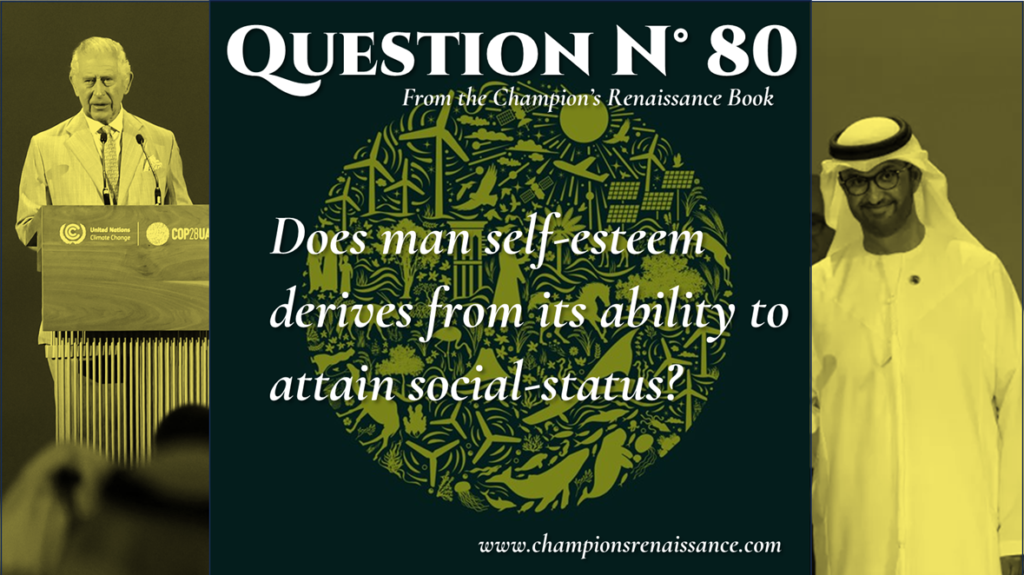
(Answer at the end).
COP 28
By Charles Kocian
Last week, while the butcher of Gaza renewed its massacre of children in front the SC of the UN, and the price of gold broke a historical record of 2,071 dollars per ounce, the COP 28 took place. The COP 28 are the yearly United Nations Climate Change Conferences to assess the progress in dealing with climate change. Last week, the conference held in Dubai, its president, Sultan Al Jaber claimed that there was no science backing the restriction of fossil fuels to stop global warming. He said that to stop fossil fuels would not allow sustainable development “unless you want to take the world back into caves”. Perhaps developed countries don’t want competition.
Anyways, John Rickey in its book Global Warming Heresy ask some questions about the climate change view.
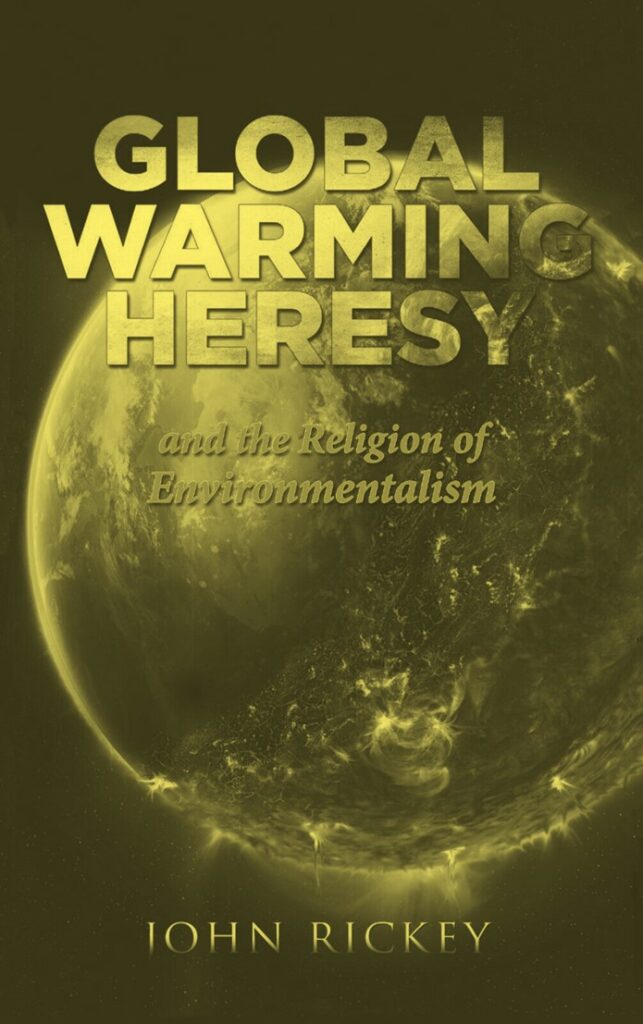
Going back to COP 28, it must be said that Al Jaber is also the chief executive of the United Arab Emirates’ state oil company, Adnoc. S0 perhaps, there in a serious conflict of interest there, but for any man who choose to think, it is an insult to its intelligence to oblige him to accept science as a religion. Indeed, like an interesting article says, although more than 90% of academics agree in global warming, those who don’t, question the independence of their colleagues economically dependent of politicized universities. Others say that the global warming orthodoxy is the result of groupthink enforced by cancel culture, not independent thinkers coming to the same conclusion. The reader should read Gustav Lebon book called Psychology of Crowds.

Galileo and the Pope.
Actually, objective truth does not derive from group consensus, but from honest scientific experimentation independent from salaries or geopolitical agendas. Like in everything, the truth is in the details. In fact, in the Renaissance, it was a detail Galileo saw with its telescope that led him to discover that the Earth was moving.
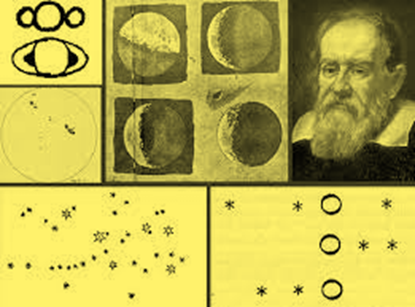
Galileo notations of Jupiter’s moons.
Indeed, as a National Geographic article says: “On January 7, 1610, Italian astronomer Galileo Galilei discovered, using a homemade telescope, four moons orbiting the planet Jupiter. Looking at what he thought were a group of stars, he realized the objects appeared to move in a regular pattern. These objects moved in the “wrong direction,” according to the understanding of nature at the time. After a few weeks, Galileo determined that he was observing not stars, but objects in orbit around Jupiter. Today, Jupiter’s four largest satellites—Io, Europa, Ganymede, and Callisto—are named the Galilean Moons in honor of their discoverer.” As we can see, truth derives from observing cause and effect relations in the details. For Galileo, its discovery of the moon’s orbiting Jupiter provided him suffice evidence for the Copernican understanding of the universe. These moons were not moving around Earth but around Jupiter. This evidence destroyed the “scientific-consensus” of the scholars until then, who believed for more than 2,000 years that all stars were moving around the Earth.
Reality can be heretical for the scholar-consensus at the beginning. Something similar happened in ancient Greece with Archimedes.
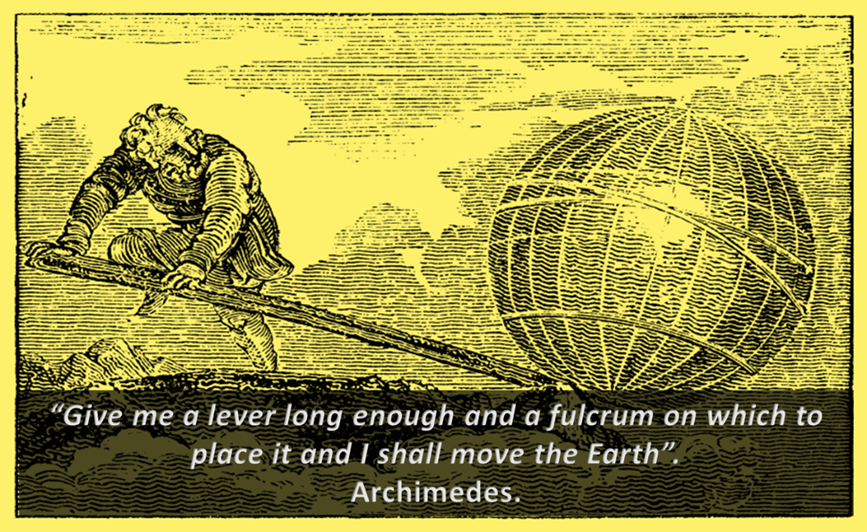
Archimides and its lever.
In ancient Greece, Archimedes (c. 287-212 BCE) said “Give me a lever long enough and a fulcrum on which to place it, and I shall move the world.” Tyrant Hiero II challenged Archimedes to prove its words by moving the Syracusia ship to water. Syracusia was a big ship and a mastery of naval architecture. It was constructed out of enough materials to build a fleet of sixty trireme ships and could store over a thousand tons of cargo plus 2,000 passengers. To make the long story short, Archimedes was able to launch the ship by its own hand using a system of pulleys that act in the same way a lever and its fulcrum.
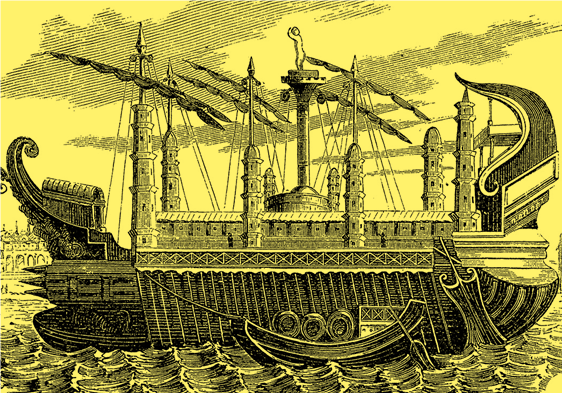
The Syracusia ship Archimides lifted up with one hand.
CONCLUSION
What is the relation between Archimedes’ lever, Galileo’ telescope, COP28 and the question N° 80 of the Exceptional Mind game? The answer is that although human consensus may lead to social-academic-status (and good wages), that not necessarily mean to discover scientific truths. Honest minds are always sceptical and use their critical thinking faculty, carefully. Indeed, honest science always derives from experimentation, the observation of cause and effect in the details, impeccable logic and the respect of the laws of physics. It is the scientific method who discovers objective truths (like Galileo did). But, although intellectual integrity brings genuine self-esteem to the honest mind who possess it, some kind of Inquisition may be around the corner to condemn it, as happened to Galileo. So, the conclusion is that, although human consensus may derive into social-status, that is not the prove of self-esteem. The genuine cause of self-esteem is an honest-courageous-mind.
Now the answer to question 80.
QUESTION N° 80
Does man self-esteem derives from its ability to attain social-status?
a) Yes.
b) No.
The answer is: b) N0. Man self-esteem derives from its rational honesty, by understanding its happiness is an end itself and by achieving a life productive goal.
Leave your comments here.


